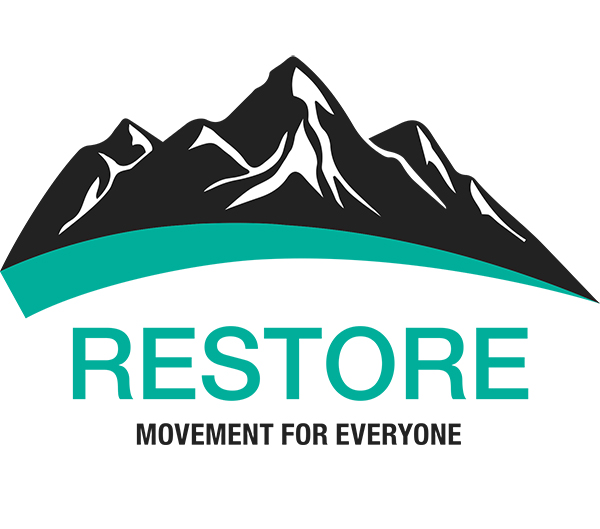Sharing Emerging Experiences Regarding Innovations in Telerehabilitation
May 3, 2021
Dr. Jennifer Stevens-Lapsley, Professor and Director of the Rehabilitation Science PhD Program, recently provided an educational session at the national LeaRRn conference titled Shaping the Future of Telerehabilitation through Research. Dr. Stevens-Lapsley provided the audience with a detailed overview of the RESTORE labs existing project Multicomponent Telerehabilitation for Medically Complex Older Veterans.
Meeting the urgent need to improve rehabilitation care by implementing evidence-based practice and de-implementing sub-optimal practice, Learning Health Systems Rehabilitation Research Network’s (LeaRRn) mission is to improve the quality, outcomes and value of rehabilitation care by fostering stakeholder-partnered research within and across learning health systems (LHS). LeaRRn serves as a hub for LHS research collaboration in rehabilitation. Its knowledge repository, investigative experience, collaborations and evidence generated will train the next generation of LHS rehabilitation researchers and transform the delivery, quality and outcomes across the broad field of rehabilitation Care. As the Director of the Rehabilitation Science PhD program at University of Colorado, Dr. Jennifer Stevens-Lapsley frequently provides educational sessions for the LeaRRn annual conference, with this year’s conference occurring April 22. Dr. Stevens-Lapsley provided this year’s conference attendees with knowledge and insights based on innovative and timely collaborative effort between her RESTORE lab and the VA Office of Connected Care in telerehabilitation. This project provides a multicomponent telerehabilitation intervention following the biopsychosocial model of care including individualized coaching sessions for behavior change, social interventions and gamification in a virtual group exercise setting, and high-intensity strength training remotely through use of emerging technologies. Attendees of this educational session were introduced to impactful technologies aiming to optimize telerehabilitation through wearables, remote patient monitoring, secure one- and two-way patient communication, and data sharing and collection. Attendees also learned of specific approaches to improve patient engagement and connection in telerehabilitation through biobehavioral interventions and gamification. Dr. Stevens-Lapsley provided an in-depth overview of the lab’s extensive safety considerations and their methods of mitigating patient safety concerns. And finally, attendees were provided with lessons learned from this project’s undertaking and reflections for future research allowing for optimal progression and evolution of this essential line of research. Dr. Stevens-Lapsley and her RESTORE lab look forward to future opportunities to share knowledge and experiences and to learn from others in their efforts to enhance patient care through innovative approaches.